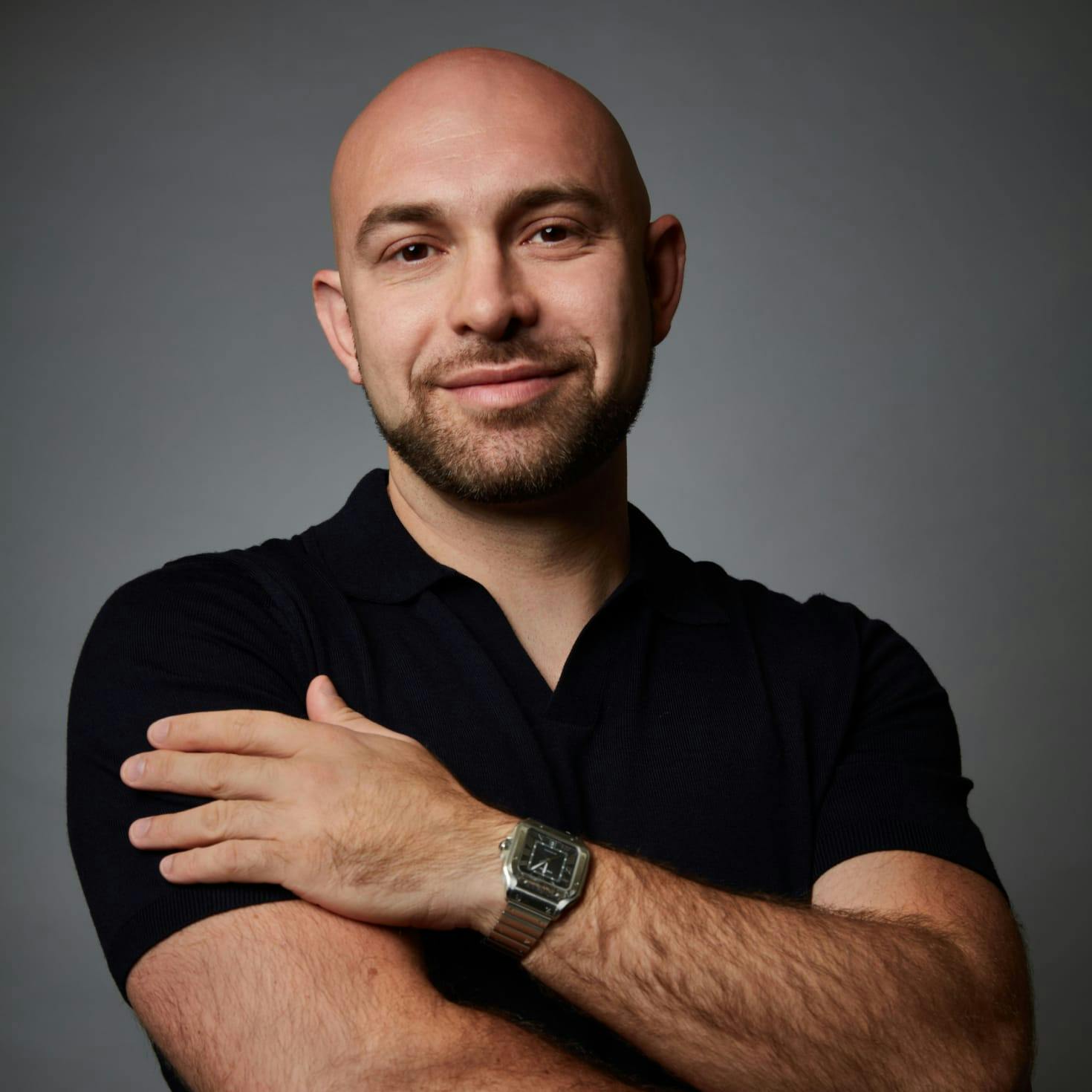At Dion Health Services, our dental professionals offer effective treatment options for bruxism, which is the medical term for teeth grinding.


Bruxism Treatment: Effective Strategies to Manage Teeth Grinding
Bruxism, commonly known as teeth grinding, is a condition you may experience either during the day or while you sleep. It often goes unnoticed until symptoms become more severe, such as jaw pain, headaches, or worn teeth. If you’re experiencing these signs, it’s crucial to seek treatment to prevent further dental complications and alleviate your discomfort. At Dion Health Services, our skilled dental professionals provide several treatment options to address bruxism.
What Is Bruxism?
Bruxism is a condition in which you grind, gnash, or clench your teeth. It can occur while you are awake or during sleep. In the latter case, it is known as sleep bruxism. If you grind your teeth during the day, it is referred to as awake bruxism.
Causes of Bruxism
The exact cause of bruxism is not entirely understood, but it may be due to a combination of physical, psychological, and genetic factors.
Diagnosis and Treatment of Bruxism
Regular dental check-ups are essential to detect signs of bruxism early. You should consult with your dentist if you suspect any symptoms so that you can begin treatment as early as possible.
Risk Factors for Bruxism
Several factors can increase your risk of bruxism, including the following:
- Stress: Increased anxiety or stress can lead to teeth grinding.
- Age: Bruxism is more common in young children, but it can occur at any age.
- Personality Type: Having a personality that is aggressive, competitive, or hyperactive can increase your risk of bruxism.
- Medications and other substances: Certain psychiatric medications, such as antidepressants, and the use of recreational drugs can increase your incidence of bruxism.
- Family History of Bruxism: If you have family members with bruxism, you may be at increased risk.

What Are the Symptoms of Bruxism?
Bruxism is characterized by several key symptoms that may vary in intensity. If you experience the following indicators, you might be grinding your teeth or clenching your jaw:
- Tooth Sensitivity or Pain: You may notice increased sensitivity or pain in your teeth due to the enamel being worn down.
- Jaw Pain or Tightness: Your jaw muscles can become sore or tight after prolonged clenching or grinding.
- Headaches: Tension-type headaches, often starting in the temples, may occur after bruxism episodes.
- Earache: Grinding your teeth can cause pain that feels like an earache, although it’s not an actual ear infection.
Your dentist may be able to identify several other signs of bruxism during an examination, including the following:
- Worn Tooth Enamel: Excessive wear patterns on your teeth can indicate grinding activity.
- Flattened or Fractured Teeth: Physical alterations to the teeth’s structure can be caused by bruxism.
- Tissue Damage: Bruxism may also cause damage or indentations on the inside of your cheeks from biting.
Discover Orofacial Wellness & Healthy Living
Find Your Location
Bruxism Treatment Options
Depending on the specifics of your situation, there are several treatment options for bruxism that can be effective.
Dental Treatments
- Splints and Mouth Guards: These are devices that can be prescribed for you to wear over your teeth to protect them from grinding.
- Dental Correction: If bruxism has caused significant tooth damage, you might need dental treatment to reshape the chewing surfaces of your teeth or use crowns.
Medication
- Muscle Relaxants: Sometimes, short-term use of muscle relaxants before bedtime is prescribed to treat sleep bruxism. When the muscles in your jaw are relaxed, you’ll be much less likely to grind your teeth or clench your jaw.
- BOTOX Injections: BOTOX injections may help some people with severe bruxism who don’t respond to other treatments. BOTOX for bruxism works by relaxing the muscles in the jaw, which can prevent or reduce teeth grinding.
At Dion Health Services, one of our dentists will be happy to evaluate your needs and help you determine which bruxism treatment is the best option for you.

Why Choose Dion Health Services for Bruxism Treatment?
When seeking treatment for bruxism, you need a provider with expertise, state-of-the-art solutions, and a patient-focused approach. Dion Health Services offers all of these, ensuring that your path to relief is both smooth and effective. We are a multi-specialty practice, and our dental professionals are highly experienced and knowledgeable in the treatment of teeth grinding and other related issues. By choosing Dion Health Services, you’ll gain access to dedicated professionals equipped to alleviate your bruxism with a focus on long-term well-being.